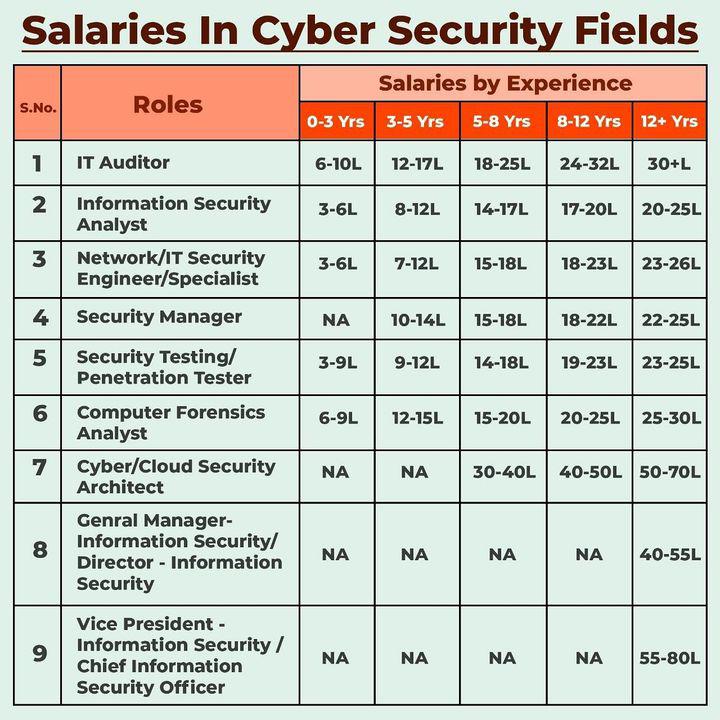Back
SHIV DIXIT
CHAIRMAN - BITEX IND... • 12m
📖 DAILY BOOK SUMMARIES 📖 🔗 DIRECT FREE E-BOOK DOWNLOAD LINK AVAILABLE — https://drive.google.com/file/d/1ANXikzqaydxTSdRtvFKNTfFZmCbNKL4O/view?usp=drivesdk 🔥 High Output Management 🔥 🚀 20 Lessons 👉 ✨ By Andrew S. Grove ✨ 1. High Output Management • A guide to effective management practices aimed at increasing productivity and output in organizations, written by Intel’s former CEO. 2. The Manager’s Role • Defines the role of a manager as someone who is responsible for the output of their team, balancing tasks between management and execution. 3. Managing by Objectives (MBO) • A strategy where managers and employees set clear, measurable goals and align their activities to achieve them. 4. Task-Relevant Maturity (TRM) • The concept that different employees require different levels of management and support based on their experience and task-relevant maturity. 5. Management by Walking Around • Advocates for managers being visible and actively engaging with their teams to stay informed and build relationships. 6. Meetings • Emphasizes the importance of effective meetings, recommending the manager’s role is to ensure they are productive, purposeful, and action-oriented. 7. Decision Making • Describes decision-making as a critical skill for managers, where timely, informed decisions lead to better outcomes. 8. One-on-One Meetings • Recommends regular one-on-one meetings with employees to provide feedback, set priorities, and address challenges or concerns. 9. Performance Appraisals • Focuses on the need for regular performance reviews, using clear metrics to assess employee performance and growth. 10. Motivating Employees • Discusses intrinsic and extrinsic motivators, and how managers can inspire their team by providing meaningful work and recognition. 11. Training and Development • Stresses the importance of continuous training and development to improve the skills of employees and maintain high levels of performance. 12. Productivity and Output • Describes productivity as the output of the work divided by the inputs; managers should focus on increasing output through better processes and people. 13. Teamwork • Recognizes that high output is often a team effort, with managers needing to foster collaboration and communication within the team. 14. Delegation • Recommends delegating tasks appropriately to empower employees, using their capabilities while maintaining control over key areas. 15. Feedback • Continuous feedback is essential for improvement; managers should regularly provide constructive feedback to help employees grow. 16. Operational Efficiency • Focuses on improving operational processes to maximize output and minimize unnecessary work, ensuring efficiency. 17. The Leveraging Effect • Describes how small managerial efforts can result in significant improvements in output if applied to the right areas or people.

Replies (1)
More like this
Recommendations from Medial
Aditi
Will become a inspir... • 5m
“Expect the Best: How the Pygmalion Effect Elevates People and Performance in Business” The Pygmalion Effect is the phenomenon where higher expectations lead to improved performance. In business, it plays a key role in team management, employee moti
See MoreSanskar
Keen Learner and Exp... • 1y
MK Bhatia - the owner of Mits healthcare (a pharmaceutical company) gifted 15 cars to his employees whom he called as his Rockstar, Celebrity In this world where everyone is busy either exploiting employees or employees loosing trust in their compa
See MoreVishwanath S J
Turning Dreams into ... • 1y
The relationship between a manager and their team members is foundational to a productive and positive work environment. This relationship significantly impacts team performance, employee satisfaction, and organizational success. The dynamic between
See MoreAdithya Pappala
Busy in creating typ... • 10m
71% of meetings are a waste of time: Leading to billions of lost hours. Here are top meeting tips from successful entrepreneurs: 1. Elon Musk: Be Thoroughly Prepared Come fully prepared for meetings. Be ready to answer all follow-up questions.
See More
Download the medial app to read full posts, comements and news.


































